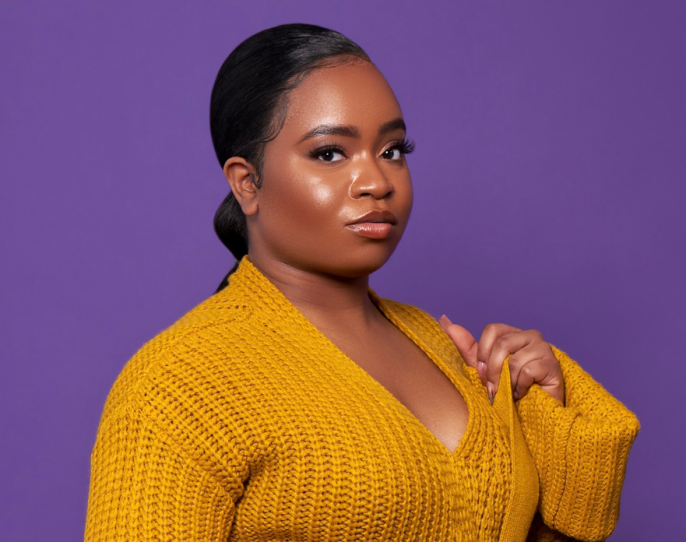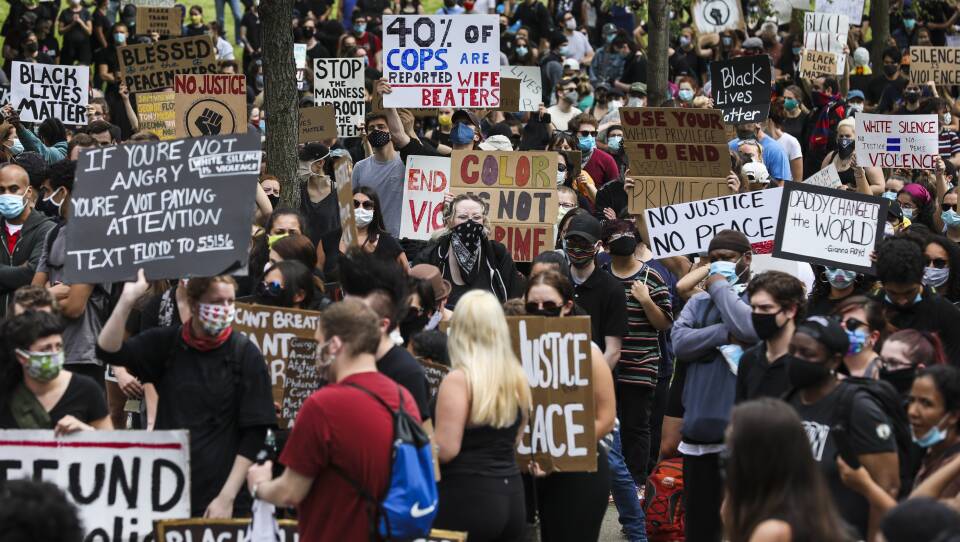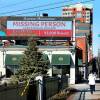In December, Bridgeport, Conn. native Lauren Smith-Fields was found dead in her apartment after a date, and Monday, two police officers were suspended after growing scrutiny over how they handled investigations. Her story reignited conversations about bias in media coverage, dismissive police investigations and other issues as the cases of Black women and girls going missing or dying are overlooked.
Alexandria Onuoha, director of political advocacy for the community organization Black Boston, joined Boston Public Radio Tuesday to talk about the crisis of missing Black women and girls, and what needs to change to protect Black youth.
For Onuoha, part of the problem comes from a lack of strong state action and data collection .
“We need a separate task force to protect Black women and girls and other young girls of color,” she said. “Legislative measures and data collection that account for racial gender disparities of missing persons in Massachusetts is needed.”
In contrast with many cases of missing white women, families and friends of missing Black women and girls often struggle to get the police to take their cases seriously, as with Smith-Fields. In December, the body of Sherell Pringle, another missing Black woman, was found in Saugus, Mass. — not by police, but by Pringle’s family.

“It’s unbelievable,” Onuoha said. “Black women and girls, the organizers in Boston, in Massachusetts, are usually the ones that have to fight for our freedom, our liberation. And that's why I really think that it is time for elected officials to start helping. This is not a one-person issue. This is a collective issue.”
For Onuoha, these stories feel personal. She’s 24, one year older than Smith-Fields. “That could be me, that could be any of my family, that could be any of my friends,” she said.
Part of the problem, Onuoha says, comes from harmful stereotypes of Black women and girls.
“Black girls are seen as hypersexual in a way that invites devaluation from others,” she said. “Black girls are not given the same care, the same grace.”
This is why, for Onuoha, one message is particularly important: “Black girls and women are deserving of love, light.”
Alexandria Onuoha is the Director of Political Advocacy for Black Boston, a nonprofit focused on fighting injustice and creating community for Black Bostonians.







